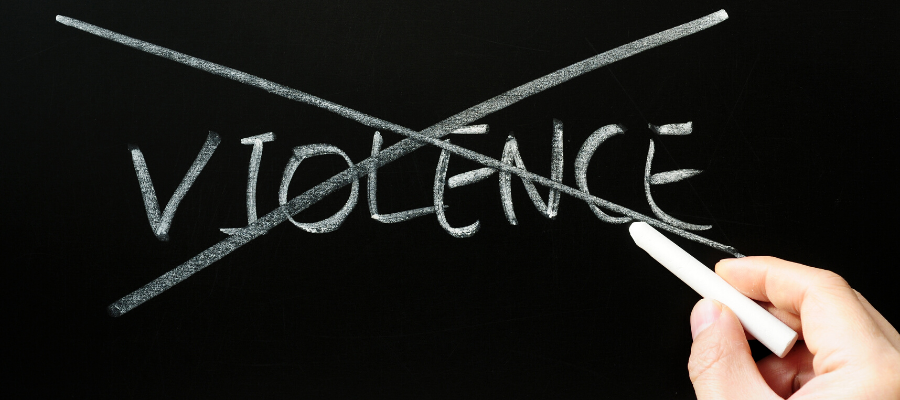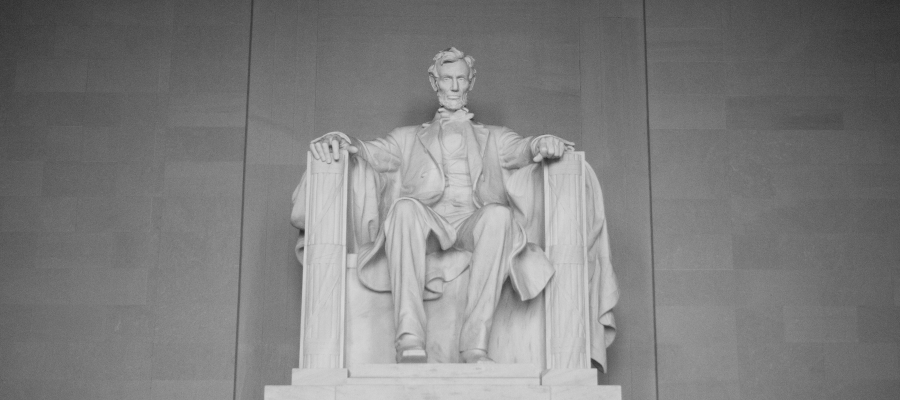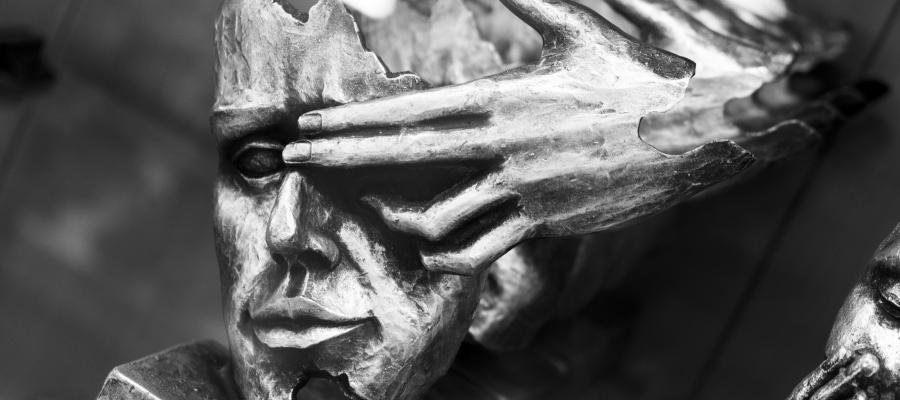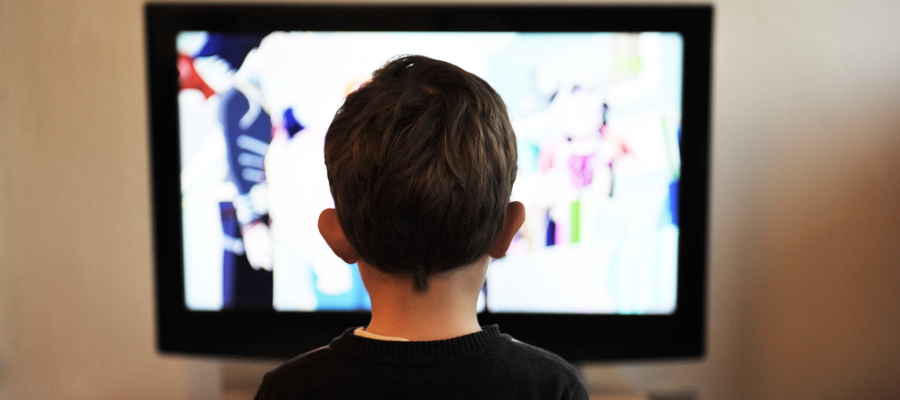A Moral Case for Meat
20
Oct 2017
From Peter Singer's Animal Liberation to arguments offered by the ancient Greeks and Hindus, many philosophers and environmentalists have made convincing cases against the practice of eating meat. But could there be a moral case in favor of it? One animal welfare advocate offers that eating meat gives animals a life worth living. By eating meat, in essence, humans create lives of worth and purpose, since most farm animals wouldn't be alive if there weren't a demand for their meat in the first place. But as the author points out, note that this position, that "...
Read moreWhat Is Reading?
10
May 2019
This is an important question, but there is a surprising lack of research in analytic philosophy on this topic. To be fair, considerations about reading are central to Ludwig Wittgenstein’s discussion of rule-following in his later work, especially in the Philosophical Investigations. This discussion is rightly famous, but not because it is about reading in particular. What it is to follow a rule is a deep and important issue in philosophy. But its attention to reading as such has gotten lost by the wayside. How hard can it be to say what reading is? We all do it, every day, in at...
Read moreA Pandemic of Dreams
06
May 2020
Most of the people reading this will have been in lockdown for weeks now. For many people, this has taken a psychological toll. Some of us have been trying to manage the impossible tasks of working from home with home-schooling and childcare. Others have felt themselves enclosed in a bubble of boredom, and have resorted to jigsaw puzzles and binge-watching television to get some relief. Still others have taken advantage of the slowed-down pace of life to learn a new skill—to make sourdough bread, to tackle a new language, or to become musically proficient. Some of us are enduring the...
Read moreReverence for the Given? Further Thoughts on Cosmetic Neurology
23
Mar 2005
In my pre-show reflections, I tried to isolate what exactly was being claimed by those who worry about tinkering too much with the Wisdom of Nature. What that argument really comes down to, I think, is the claim that we ought to have a certain reverence for what I called the given order of things. I didn't say whether I thought that claim was true or false. We began to talk about it a bit on the air, but we barely scratched the surface. In this post-show post, I want to delve a little more deeply -- though I don't pretend to...
Read moreA Country is a Country
06
Mar 2017
A bizarre, somewhat tongue-in-cheek meditation by Point Maganize's Michael Kochin on the concept of a country. Part-historical, part-philospohical, the piece walks us through how America came about and what it meant that it did. The article struggles with the project of figuring out who should get to count as American, and thus touches on the immigration debate raging in American politics today. At its heart, the core question seems to be: what is America for? Here's the full link: https://thepointmag.com/2017/politics/a-country-is-a-country
Read moreFanon, Violence, and the Struggle Against Colonialism
29
Jan 2018
Frantz Fanon was quite a provocative fellow. In his most influential work, The Wretched of the Earth, Fanon says that “Decolonization reeks of red hot cannonballs and bloody knives. For the last can be first only after a murderous and decisive confrontation between the two protagonists.” He also said this: “For the colonized, life can only materialize from the rotting cadaver of the colonist.” Personally, I prefer Gandhi’s model of resistance. His anti-colonialist bona fides are just as strong as Fanon’s. And he resisted colonialism without violence. Strikingly,...
Read moreThe Ethics of Care
11
Jun 2018
This week, we’re thinking about feminism and care ethics. Caring and being cared for are really important for human flourishing. Imagine a person who cared about nothing but him or herself. Such a person would be a monster. On the flip side, a person that nobody else cared about at all would be lonely and invisible. But caring has its risks too. Caring about one person too much can cause you to care about other people too little. Or you can care about the wrong things altogether. Imagine a person who cared mostly about doing everything in their power to embarrass other people. Such a person...
Read moreActing Together
15
Mar 2014
The great English philosopher Thomas Hobbes famously said that in the state of nature, life is solitary, brutish and short -- as if nature designed people to act alone, rather than together. But acting together, this week's topic, is one of the most natural things in the world. If we never acted together, there would be no families, no teams, no countries. But what exactly is it to act together? Suppose we’re outside and it starts to rain. We both run toward the door to the studio. We’re trying to do the same thing -- get into the studio and out of the rain. Though we...
Read moreLincoln as a Philosopher
01
Jul 2011
Lincoln is revered as our greatest President; he is virtually an American Saint. In Sunday’s program, we look at his philosophical ideas --- both political and religious. Some of these are disturbing. The Second Inaugural Address --- the one that’s carved on the wall of the Lincoln Memorial --- is really quite chilling. Especially if you think it really represents the philosophy of someone who has just pursued a path that led to the death of half a million people. It ends with a very moving statement: With malice toward none, with charity for all, with firmness in the...
Read moreThe Ancient Cosmos
09
Mar 2016
We are delighted to present this week’s show on the ancient cosmos, the first of eight episodes in our new and exciting cosmology series, A Philosophical Guide to the Cosmos.Cosmology—the study of the universe, how it was formed, and what laws govern its evolution—has exploded in the last few decades. But it’s not a new area of human inquiry. In fact, theories about the origin, nature, and structure of the cosmos go back thousands of years. That’s not to say that ancient cosmologies were anything like our modern scientific theories of the cosmos. Many were more...
Read moreThe McDonalds-ification of Education
29
Mar 2015
There is an approach to learning that is corroding education, especially higher education, in the US: the "McDonalds-ification of Education." "Fast food" has been around for a long time. The ancient Romans had it. But McDonald's raised it to a high art. You come in, you look at the menu up on the wall while you are in line, you order, and you immediately get your food. In many ways, McDonald's has become a paradigm for how our consumer society works. The internet is basically McDonald's for information and entertainment. Pick what you want, get it immediately, move on to the next thing. There...
Read moreSocial Reality
29
Jul 2010
Our topic this week is social realities. I must admit that when I first brought the nature of social reality up as a topic for an episode of Philosophy Talk, the non-philosophers on our team all went “huh?” That phrase obviously doesn’t mean much to the person on the street. But social realities are all around us. Think of cocktail parties, football games, bar mitzvahs, political rallies, and even nations. These are all social realities. And in connection with this sort of thing both parts of that phrase “social reality” are...
Read moreWhy we Charge for Downloads
08
Sep 2007
A lot of our listeners are unhappy that our new download service is not a free service, but is instead a subscription based service. Some have written that's it's anti-democratic of us to charge, that's it's contrary to the the mission of Stanford University, that we're just being capitalist pigs. One apparently former listener even wrote that he was so offended by us charging for our download service that he would no longer listen even to our free stream, despite the fact that Philosophy Talk is one of his favorite radio programs and despite the fact that we are not broadcast in his...
Read moreWhat Would We Lose If We Had No Art?
27
Oct 2020
Think about the art you’ve enjoyed in your life: the novels, the television, the music, the poetry, the sculpture, the paintings—the list goes on. Now try to imagine a scenario in which none of this art had ever been made. Even though non-fiction books have been published, and warning chimes still witness the closing of subway doors, there are no symphonies, and no novels for you to tote to the beach. There’s no such thing as an art museum, even though natural history museums everywhere still proudly display their fossils and dino bones. Network TV broadcasts news all day, every day. ...
Read moreThis Blog Post Is False
21
May 2023
Some say the world is full of contradictions, like “parting is such sweet sorrow.” Parting is sweet, but parting is also sad; and sweetness and sadness are opposites. But logicians would say that this not a true contradiction; it’s just mixed emotions. A true contradiction would be like if Romeo was sad and not sad. Something would have to be both true and false at the same time. Take the famous Liar Paradox. If I say, "I’m lying right now," I'm telling you I'm lying, so if I am actually lying the sentence is true—in which case I'm not lying. But if I am telling the truth, that...
Read moreFoucault's Concept of Power
12
Apr 2017
Few concepts are more crucial to understanding our world today than power. This Aeon article by Colin Koopman explains the influential and insightful account of power offered by French philosopher Michel Foucault. What are the mechanisms by which power operates? How much can the workings of power shed light on the concepts and labels applicable to everyday life? Foucault uses the provocative examples of prisons and sexuality as case studies in the machinations of power. Full link: https://aeon.co/essays/why-foucaults-work-on-power-is-more-important-than-ever
Read moreSuperpredators Old and New
03
Aug 2017
In last month’s blog, I began to explore the political role of the concepts of naturalness and unnaturalness. To recap, every human culture makes use of a system of conceptual categories—a sort of cognitive grid—to make sense the world. The beings that fit into these are welcomed as natural, whereas those that don’t are abhorred as unnatural. Unnatural beings elicit very powerful aversive reactions: they horrify us. I concluded with the following words: Some of the most hideous acts of atrocity have been perpetrated against those who do not fit into the boxes...
Read moreFoucault on Power
03
Dec 2018
Michel Foucault had some truly brilliant and important insights about power, insights that have had an important influence on some of today’s most prominent activist movements, and that arguably should be having more of an influence on others. It’s true that there’s a lot to take issue with in his work—I’ll come to that in a moment—but as I see it, there’s also a lot to be inspired by. First of all, Foucault rejects the standard picture according to which power is always about the strong oppressing the weak, the rich oppressing the poor, the monarchy oppressing its subjects. Instead he...
Read moreSanctuary Cities
16
Nov 2019
What gives a city the right to offer sanctuary to unauthorized immigrants? Can local or state government ever be justified in defying the laws of the nation? These are some of the questions we’re asking in this week’s show, recorded live in front of an audience at San Francisco State University. The issue of sanctuary cities is a thorny one because it is the federal government’s exclusive right to make and enforce immigration policy, which might lead you to think that once the feds have established a policy, then a city like San Francisco, or indeed the entire state of California, can’t just...
Read moreEmotions, Judgments, and Mattering
26
Jul 2005
Thanks to Martha Nussbaum for being a fine guest. We've been trying to get her on the program for two years. And we're please that she was finally able to do it. It was certainly a lively and entertaining conversation that probed some philosophically interesting issues. I haven’t yet had a chance yet to read her two big recent books on the emotions,Upheavals of Thought and Hiding from Humanity : Disgust, Shame, and the Law, but both sound fascinating. They are definitely on my list. I am still not fully...
Read more#FrancisOnFilm: Art Manifestos at Sundance
26
Jan 2017
Manifesto, starring Cate Blanchett and directed by German filmmaker Julian Rosefeldt, transforms a visual installation into film. In the film, Blanchett reenacts thirteen manifestos representing major movements in art. (The installation has been on view as separate panels at the Park Avenue Armory in New York, the Museum für Gegenwart in Berlin, and the Australian Centre for the Moving Image.) Blanchett plays roles from an elderly vagrant in an abandoned factory in Berlin reflecting situationist artists such as Lucio Fontana to a new anchor and reporter question and answer about...
Read moreAn Argument for Regulating Automation
14
Dec 2017
As automation displaces human labor, a universal basic income (UBI) plan may seem like the perfect solution. Introduce UBI, so that displaced workers have a basic income to fall back on. The idea seems simple enough. But why wait for UBI to mitigate the impacts of automation? The proposal is attractive (a UBI could eliminate poverty, for example, and that's no feat to underappreciate), yet some advocates of the plan may accept the current trend of technological advancement in the workplace too fatalistically. They accept that artifical intelligence could eventually obviate the...
Read moreAdorno and the Culture Industry
23
Mar 2018
A lot of the popular culture we consume these days is produced and distributed by large studios and record companies. Should that worry us? Are doomed to mediocre music, television, and film? Or even worse: are we doomed to songs, shows, and movies that secretly serve a hegemonic propaganda machine? That’s what Theodor Adorno seems to have believed. Back in the 1940s, he and Max Horkheimer published a rather, well, feisty chapter on what they called the “culture industry.” Their argument was complicated, and it was dressed up in sometimes impenetrable language—that’s how you got famous those...
Read morePhilosophy as Therapy
23
Oct 2014
A lot of philosophers I know need therapy. I can’t think of too many I know I would want to be my therapist, however. What do philosophers know about therapy? But leave philosophers aside for a minute. How about philosophy itself? We must grant that people have a lot of irrational beliefs, and that these beliefs can lead to unhappiness of all sorts: anxiety, fear, depression, and the sorts of things for which therapy is needed? So if philosophy can undermine those irrational beliefs, and thereby remove the anxiety, fear,...
Read morePantheism
23
Feb 2012
Pantheism is the view that the world is either identical to God, or an expression of God’s nature. It comes from ‘pan’ meaning all, and ‘theism,’ which means belief in God. So according to pantheism, “God is everything and everything is God.” This may sound like a familiar Judeo-Christian concept, namely God’s immanence, which is the idea that God pervades or is ever-present throughout the universe. However, pantheism differs from traditional theistic religions in two important ways. First, pantheism rejects the idea that God is transcendent....
Read more




















